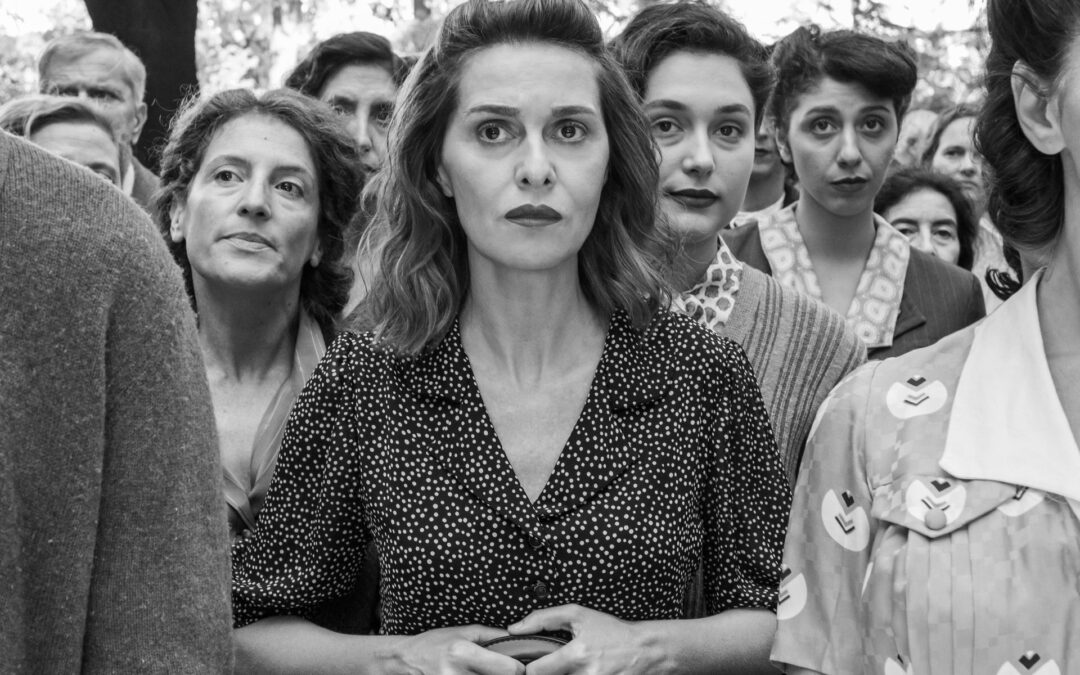
THERE IS STILL TOMORROW.
There is still tomorrow which sees the directorial debut of Paola Cortellesi is the film that won the Audience Award, Special Jury Prize and Mention as Best First Work at the Rome Film Festival.
Paola Cortellesi doesn’t need to be introduced, I always remember one of her gags in which she ironically listed all the things she has done, which are really so many and very different from each other, but which have the same feature in common: they are all done well.
I thank Elisa and her proposal: we went to the movies together fearing that we would have to use tissues to wipe tears and instead we mostly surprised ourselves.
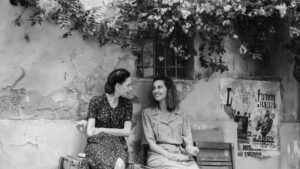
The Friends.
In the movie: Delia and Marisa.
Emotion, however, was not lacking.
I, for one, was moved by the portrayal of a mother’s love for her daughter, who is played by Romana Maggiora Vergano in the film.
A love above all things, a love for which nothing is impossible, a pure and unwavering love.
Fragility and strength in a maelstrom of endurance and determination in which the ability to carry the crushing weight of a long interminable series of verbal and physical injustices and bullying, is catalyzed in the resolute will to seek a better destiny for Marcella.
Mother and daughter.
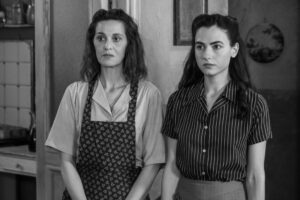
A crushed mother and a model daughter who does not understand Delia’s submission.
Succumbing and resisting at the same time, in a dance that is broken melody, is rock, is hip hop rap, is retro.
Marcella does not understand, but she will.
Marcella will look at her mother Delia and see the affirmation of a seemingly simple but extremely important gesture as a right, as a beginning.
Every change has a beginning.
There is still tomorrow represents “the music that changes” in a literal sense: I cannot fail to mention the repertoire songs from the soundtrack:
Aprite le finestre Fiorella Bini
Nessuno Naked Music
Perdoniamoci Achille Togliani
A bocca chiusa Daniele Silvestri
M’innamoro davvero Fabio Concato
La notte dei miracoli Lucio Dalla
Calvin The Jon Spencer Blues Explosion
B.O.B. – Bombs Over Baghdad Outkast
The little things Big Gigantic featuring Angela McCluskey
Swinging on the right side Lorenzo Maffia and Alessandro La Corte
Tu sei il mio grande amor Lorenzo Maffia, Alessandro La Corte and Enrico Rispoli.
Surprising, isn’t it?
Surprising as what you don’t expect from There is still tomorrow: the ending.
Indeed, in my heart I hoped that Delia’s project would not be the obvious one, but at the same time I would not have guessed an epilogue like the one with which Paola Cortellesi invites everyone to a beautiful reflection.
Light yet explosive, simple yet disruptive, just like Delia, just like Paola.
Yes because Delia is Paola, she is Marcella, and she is our grandmother.
Delia is so many lives of giving up, Delia is so many years of suffering.
Like nothing at all.

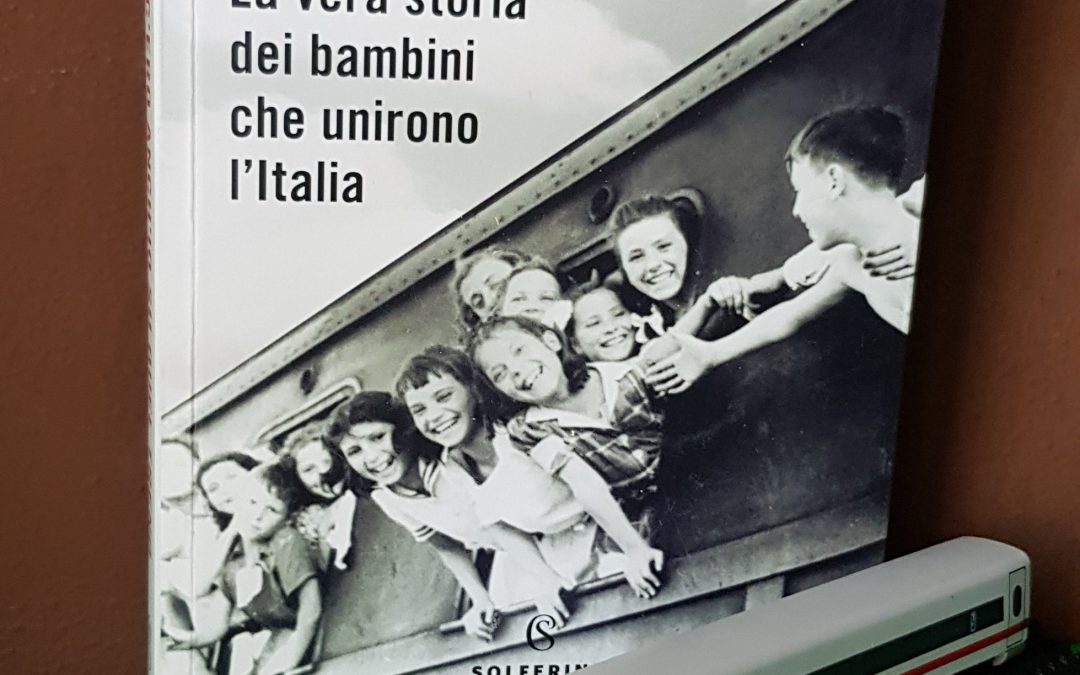

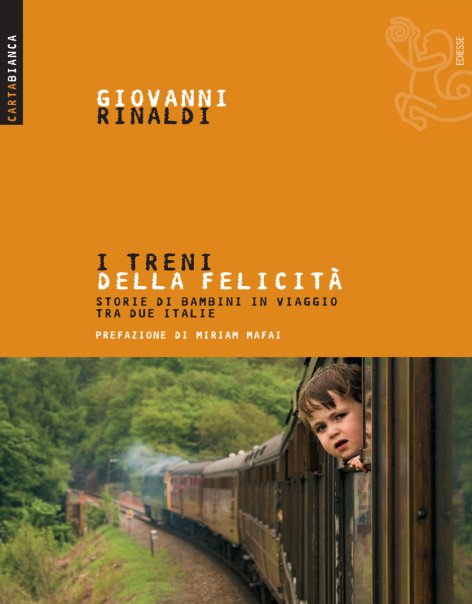

 Hi I'm Claudia and this is KCDC.
Hi I'm Claudia and this is KCDC.




OPINIONI